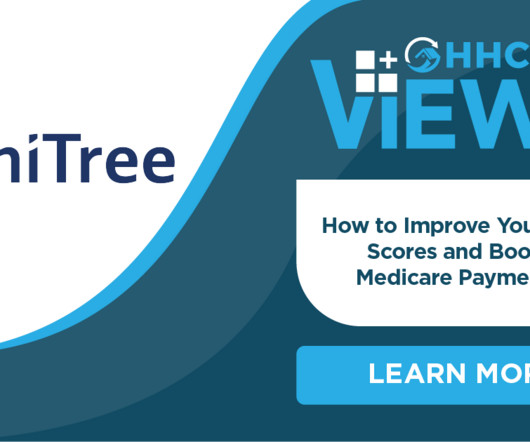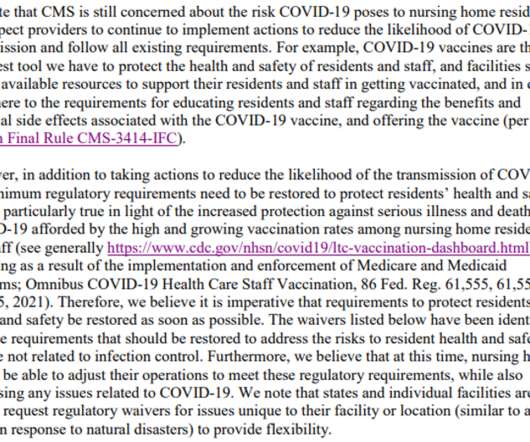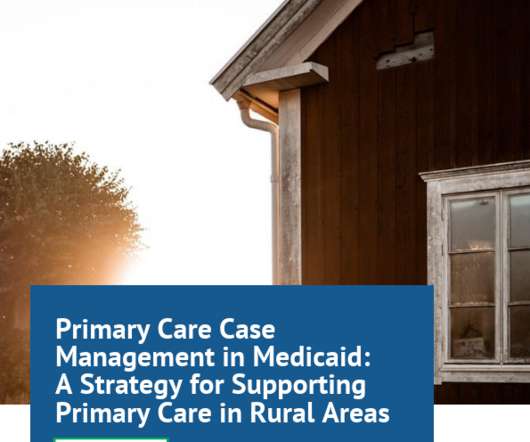With QAPIs, Home Health Providers Should Opt For Tailored Approaches
Home Health Care
JANUARY 27, 2023
Curating a specific plan based on a home health provider’s needs, deficiencies and vulnerabilities is key to having successful Quality Assurance and Performance Improvement (QAPI) programs. Broadly, QAPI refers to any kind of auditing or quality metric standards a home health agency hopes to abide by.
















Let's personalize your content